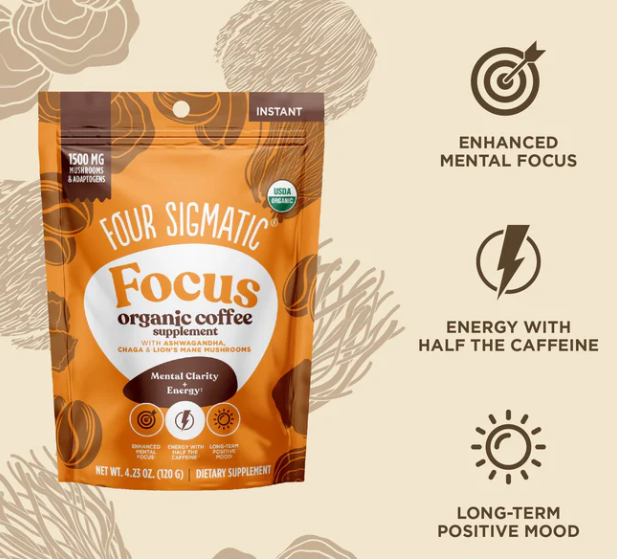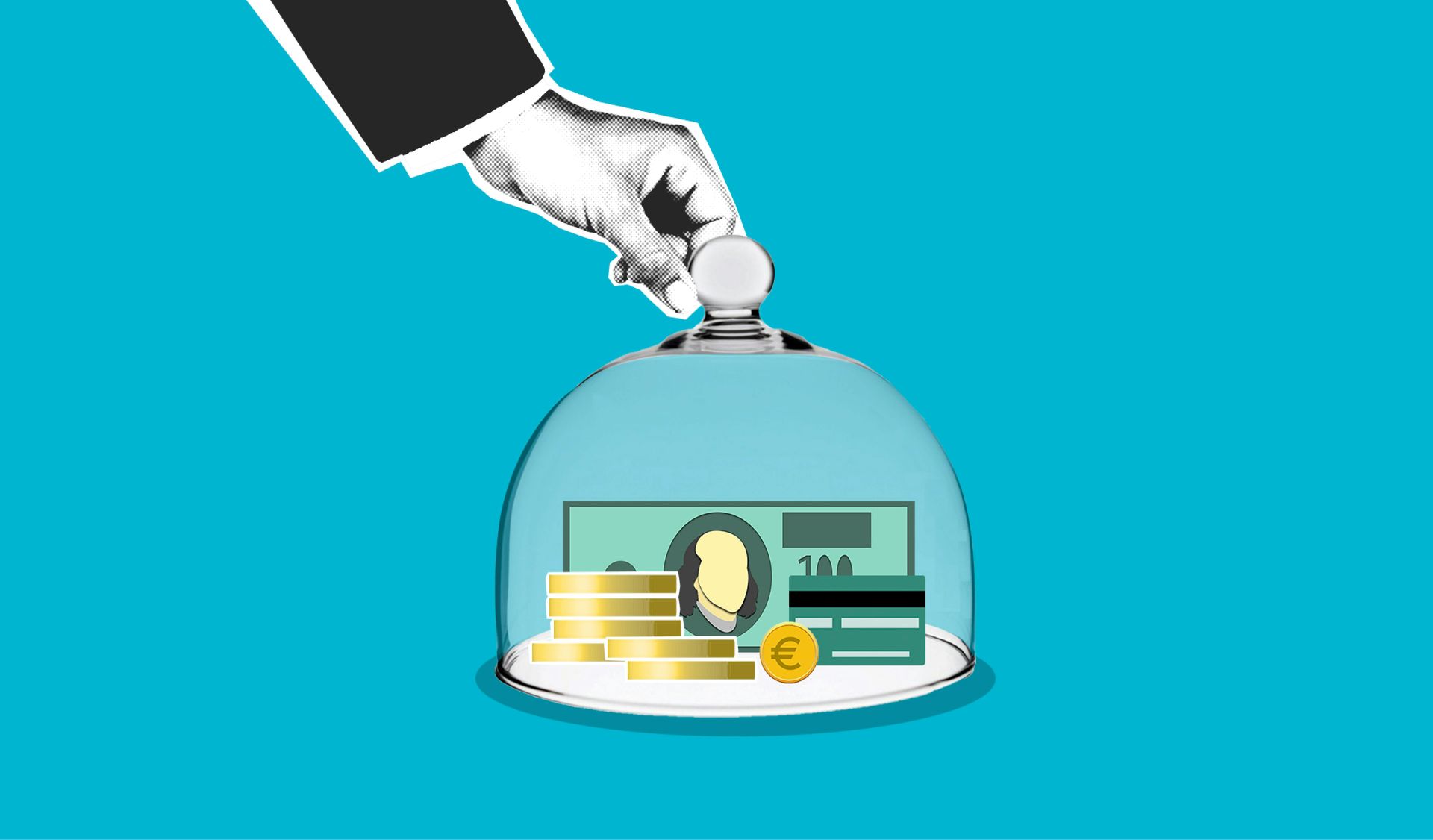
Average Canadian Home Prices: A Decade in Review
With rising interest rates and soaring housing costs, Canadians are finding it increasingly difficult to purchase homes. However, while the cost of housing is undoubtedly high, the price varies greatly depending on where you live. Larger cities and nearby towns tend to have steeper price tags, while smaller towns remain more affordable, despite price increases across the board.
Let's take a look at average Canadian home prices in 2024 and how they compare to previous years.
Average Canadian Home Prices: A Decade in Review
As we move out of 2024, housing costs have seen a dramatic rise over the past decade. While inflation plays a significant role in these increases, supply and demand also affect home prices. In recent years, these factors have caused prices to soar beyond typical inflationary trends. Below is a breakdown of national average home prices over the last ten years:
Year Avg. Cost
|----------------------------------|
2013 $391,820
2014 $419,699
2015 $413,000
2016 $490,495
2017 $496,500
2018 $488,862
2019 $502,811
2020 $567,332
2021 $688,096
2022 $703,875
2023 $657,145
Although prices slightly dipped in 2023, the Canada Mortgage and Housing Corporation (CMHC) forecasts that prices will rebound in 2024, with the average home price expected to rise to $694,196. By 2025, this figure may increase to $746,410.
Provincial Breakdown of Home Prices in 2024
Housing prices vary significantly from province to province. Here's a breakdown of average home prices across Canada as of December 2023:
Province/Territory Average Home Price (Dec 2023)
|------------------|-------------------------------|
British Columbia $965,447
Alberta $458,731
Saskatchewan $287,294
Manitoba $352,041
Ontario $853,915
Nova Scotia $390,100
New Brunswick $285,607
PEI $358,063
NFLD $305,383
Quebec $467,645
NWT $422,787
Nunavut $550,000
Yukon $590,000
As expected, British Columbia and Ontario remain the provinces with the highest average housing costs, while New Brunswick and Saskatchewan offer the most affordable options.
Average Prices by Housing Type in 2024
Housing prices also differ depending on the type of property:
Type of Home Average Price (2024)
|----------------|----------------------|
Detached $657,145
Semi-detached $660,000
Bungalow $657,145
Condo $541,500
Apartment $527,600
Townhome $660,000
Manufactured $270,000
Home Prices in Major Canadian Cities
While provincial averages provide insight, major cities often have higher home prices. Let’s explore the cost of homes in some of Canada’s largest cities:
- **Toronto:** As of January 2024, the average home price in Toronto is $917,706, with a 6% increase projected by the end of the year.
- **Vancouver:** The average price of a detached home is $2,123,678, with the average attached home costing $1,219,306. Apartments average $794,211.
- **Edmonton:** The average home price is expected to increase by 4.4%, bringing it to approximately $417,000 in 2024.
- **Calgary:** The average home price is around $559,000, and prices are forecasted to rise by 6.5%.
- **Halifax:** The average home price is $500,000, with prices expected to stabilize throughout 2024.
Housing Market Outlook for 2024 and Beyond
While 2023 saw a small decrease in average home prices, 2024 is expected to bring renewed growth in the housing market. According to CMHC, prices may rise by approximately 5.5% in 2024, followed by a 4% increase in 2025. One key factor influencing the market is interest rates.
Interest Rates in 2024
The Bank of Canada has held its interest rate steady at 5%, with predictions that it will decrease by the end of 2024. Mortgage rates currently hover around 7% to 7.5%. While rate drops are anticipated, they aren’t expected to reach the lows seen during the pandemic. Of course preconstruction is still a viable option to purchase if you aren't ready, and there are personal loans available that can provide funds for deposit on new build construction.
Is 2024/2025 a Good Time to Buy?
As 2024 unfolds, the market is showing signs of becoming more favorable for buyers. Houses are staying on the market longer, and sellers are more likely to meet buyer conditions. Additionally, with mortgage rates expected to fall, even a slight decrease could result in substantial savings for prospective buyers.
The Canadian Housing Bubble: Myth or Reality?
The term “Canadian housing bubble” refers to the sharp rise in home prices, especially since 2022. Although prices have been steadily climbing since 2003, the most notable price surges occurred in 2008, 2017, and 2022. While some fear the bubble may burst, market trends suggest continued price growth, albeit at a more moderate pace.
Canadian vs. US Housing Prices
Housing in Canada remains more expensive than in the U.S., with Canadian prices about 40% higher. While both countries have seen price increases, Canada’s housing market has experienced sharper gains, especially in rental prices.
Affordable Housing in Canada
For those looking to buy homes at more affordable prices, New Brunswick continues to be the most affordable province. As of the end of 2023, the average home price in Northern New Brunswick was just $194,862. Saskatchewan also offers lower-cost options, with homes in Regina averaging $275,416.
Conclusion
While housing prices in Canada continue to rise, the real estate market in 2024 offers opportunities for buyers, particularly in more affordable regions. With interest rates expected to fall, 2024 could be a good time to purchase a home, especially for those looking outside the major cities. Whether you're eyeing the high-priced markets of BC and Ontario or the more affordable provinces like New Brunswick and Saskatchewan, Canada’s housing market remains diverse and dynamic.

*Disclaimer: Brand Street Agency is authorized to use goPeer's trademarks and branding solely for marketing purposes related to goPeer’s loan products with prior written consent from goPeer. goPeer Corporation and its affiliates are not responsible for any content, statements, or representations made by Brand Street Agency on this website. Loan approvals are not guaranteed and are subject to goPeer's underwriting policies. Terms and conditions apply. For the most accurate and up-to-date information regarding goPeer’s loan products, please visit goPeer's official website (https://gopeer.ca). Brand Street Agency operates as an independent entity and is not an employee, representative, or affiliate of goPeer Corporation or its affiliates. Brand Street Agency may receive compensation for its services.
goPeer offers unsecured personal amortizing loans throughout Canada in amounts from $1,000 to $35,000 with terms of 3 or 5 years and Annual Percentage Rates (APR) between 8.99% and 34.99%, depending on an assessment of the borrower’s credit profile, financial position, and ability to service the loan. If a payment is unsuccessful, goPeer may charge an unsuccessful payment fee of $50. If a payment is late 30 or more days, goPeer may charge a late payment fee of $25 or 5% of the payment due, whichever is greater. goPeer charges an origination fee included in the advertised APR. There are no other fees on loans. Loans are subject to credit and underwriting approval and lending rules may vary by province. For example, the average borrowing cost paid on a $9,400 unsecured personal loan at an APR of 18.8%, with a 5-year term and bi-weekly payments of $104.80 is $4,794.49.














